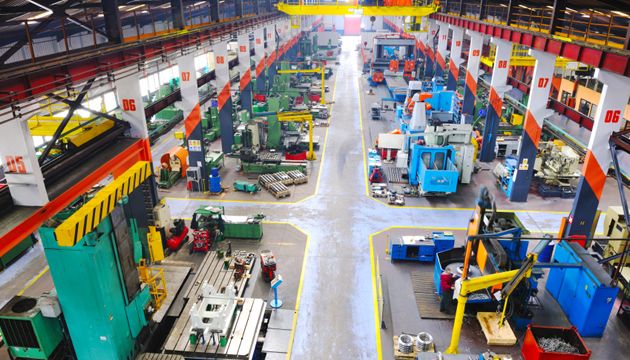
The key to sustaining a healthy and globally competitive manufacturing sector is making better use of data and analytics, according to an article on the Center for Data Innovation website.
This so-called “smart manufacturing” could create $371 billion in net global value over the next four years, according to a 2014 estimate from the market intelligence firm IDC.
“It could also help make U.S. manufacturers competitive in the global economy in three main ways: streamlining the design process, improving factory operations, and managing risk in the supply chain,” the article notes.
For one thing, big data can enable manufacturing innovation from the very beginning of a product’s lifecycle. Using data to drive the design process can help manufacturers save money and make certain that final products will be more in line with what their customers want, according to the article.
Additionally, data and analytics can help manufacturers improve factory operations. Thanks to the increase of low-cost sensor technologies (i.e., the Internet of Things), nearly every manufacturing process and component has become a potential data source.
“Innovative manufacturers can use the resulting data sets to gain insights about the physical fabrication process, improving efficiency, increasing yields, and reducing product defects,” according to the article.
For instance, Merck was able to improve one of its vaccines by performing 15 billion calculations to determine what environmental and process factors had an affect on the final product.
The point is that with so many potential variables to track, manufacturers can’t put the blame for waste and loss in their factories on a lack of information.
Finally, using data analytics manufacturers can get the information they need to better manage their supply chains. Motivated by the increasing demand for more comprehensive supply chain intelligence, the National Institute of Standards and Technology is working to devise standards, methods, and protocols for manufacturing data analytics, the article notes.
“Because a healthier manufacturing sector is an important part of a healthier economy, the benefits of data-driven manufacturing will be felt throughout the country as well,” according to the article.





